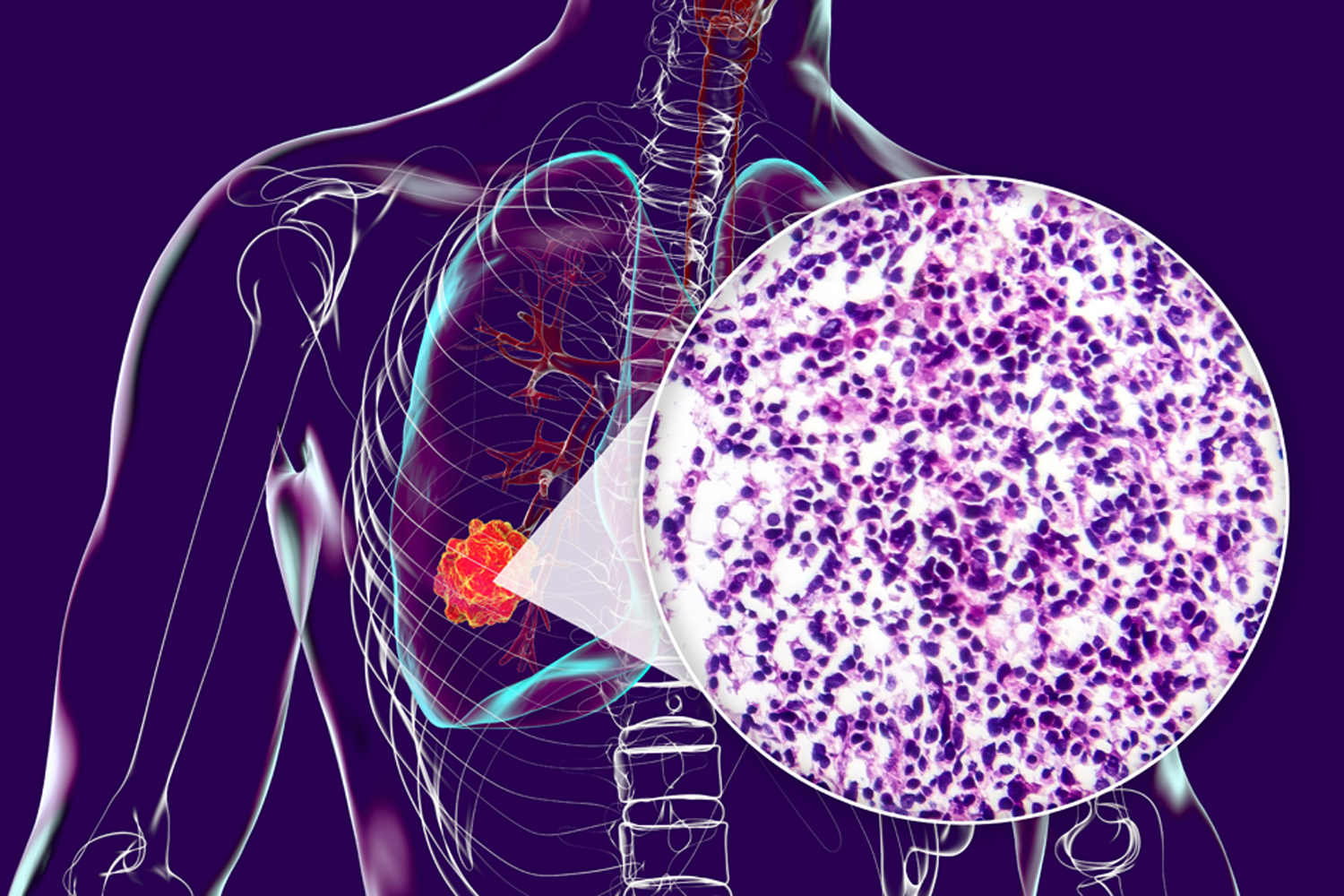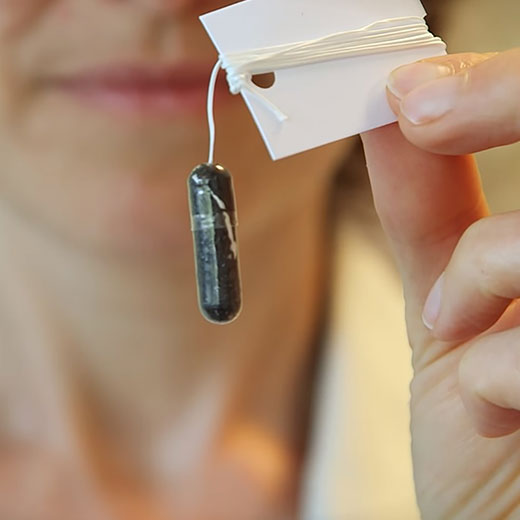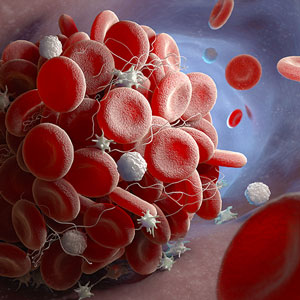-
Forward Look
Managing Opioid-Related ConstipationPatients may be wary of discussing this common side effect.
by Sue Rochman
-
Can CRISPR Deliver?
A gene-editing tool called CRISPR holds promise for treating cancer. What does the new technology mean for patients?
by Stephen Ornes
-
The Puzzle of Pancreatic Cancer
Pancreatic cancer remains a difficult disease to treat and is expected to be the second leading cause of U.S. cancer-related deaths by 2030. Researchers hope clinical trials and insights into the genetics of the disease will reverse the trend.
by Kendall K. Morgan
-
Policy Matters
Taking Steps to Address Cancer Health DisparitiesCancer outcomes are changing for the better, but advances are not affecting all patients equally.
by Brian Rivers, PhD
-
The Coronavirus Impacts Cancer Clinical Trials
The National Cancer Institute and the Food and Drug Administration have provided guidance for managing clinical trials amid the spread of the novel coronavirus. Cancer centers are making changes to care for some patients enrolled in trials.
by Anna Azvolinsky
-
From the Editor-in-Chief
Cancer Epigenetics: Disorganization Drives DysfunctionEmerging insights into epigenetic abnormalities in cancer cells may lead to better cancer outcomes.
by William G. Nelson, MD, PhD
-
Forward Look
Cryoablation May Be a Treatment Option for Some PatientsProcedure uses extreme cold to kill cancer cells.
by Christina Bennett
-
Forward Look
Makers of E-Cigarettes Tout Role in Smoking CessationStudies provide little evidence to support this claim.
by Stephen Ornes
-
Forward Look
More Options to Prevent Blood Clots in High-Risk Cancer PatientsUpdated guidelines support use of oral blood thinners.
by Jane Langille
Cancer Talk
Treatment Combination Improves Survival in EGFR-positive Lung Cancer
Adding chemotherapy to targeted therapy improves outcomes for people with advanced EGFR-positive non-small cell lung cancer.
by Sandra Gordon
Lessons From 20 Years Living With CancerMultiple myeloma survivor Jonathan Gluck reflects on uncertainty, and the scientific progress that has kept him living with cancer for more than two decades.
by Eric Fitzsimmons
The Enduring Importance of Cancer Disparities ResearchOpening session from AACR conference highlights how perseverance and adversity have informed cancer disparities research over the years.
by Eric Fitzsimmons
Most Cancer Survivors Don’t Meet Healthy Diet GoalsDespite research linking fruits and vegetables to cancer survival, many people do not change their eating habits after diagnosis.
by Darlene Dobkowski















